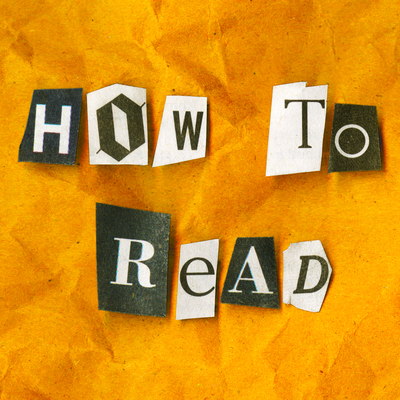A utopia presents an ideal world that has overcome the problems of the present. For the original Utopia, written by Thomas More in the 16th century, one of those problems was the division of land into public and private. His solution was shared ownership of the land. But what sounded good on the page didn’t work so smoothly in practice. German professor Bethany Wiggin shows us how utopian thinking shaped the founding of Philadelphia — and how it clashed with the values of the Lenape people already living there.
Works mentioned
– Thomas More, Utopia
Further reading
Lily DiPiazza at Medium – Traces of the Colonial Riverfront
Lucy Duncan at Medium – Liberating faith: A conversation with Rabbi Brant Rosen on decolonizing Quaker and Jewish practice
China Miéville at The Guardian – We are all Thomas More’s children
Jill Lepore at The New Yorker – A Golden Age for Dystopian Fiction
Andrea Lee at The New Yorker: Pennsylvania, blackness, and the art of being foreign
Antonia Malchik at Aeon – Who owns the earth?
Jay Walljasper at The Nation – The Struggle for the Commons
